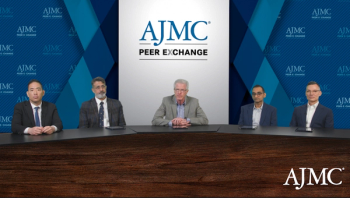
Panelists discuss how bronchiectasis is more common than previously thought, with growing awareness, research, and specialized centers improving diagnosis and treatment options, though challenges remain in standardizing care and securing insurance coverage for therapies.




